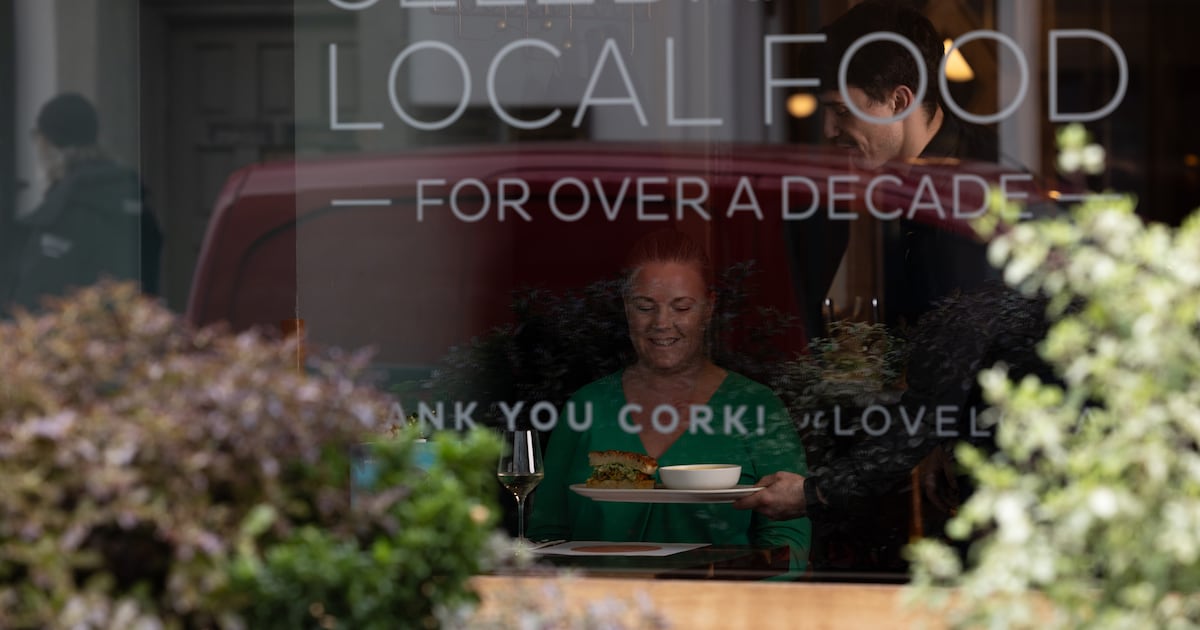With money tight in the hospitality sector there has been significant growth in the number of businesses looking at how to attract and retain much-needed workers.
According to the latest survey of the employment landscape from Fáilte Ireland, pathways to promotion and upskilling opportunities are now commonly under consideration in an adapting industry.
Part of a group of five restaurants, Market Lane in Cork always sought to be a good place to work. But still, management realised it was going to have to adapt to a changed jobs market as it fully reopened in the post-pandemic era.
“We found that people’s outlook and attitude towards work had changed,” says Michelle Daniel, the company’s head office coordinator. “We were getting people coming in saying they wanted the job, they wanted to get back into the workforce but they wanted to spend time with their families as well.
“Maybe before, someone would have been saying to them: ‘Okay, you’re available but you’re not available, this is a restaurant and we need people to be available on a Saturday night,’ but that attitude has changed.”
Daniel believes it is not just her group that has shifted its way of thinking, particularly among smaller, younger restaurants.
“I think we came to realise that if there was a way to make it work for the individual as well as the company then everybody was the better of it.”
The changed approach, she says, has meant more employees – about 200 now – working fewer hours, with a mix of other solutions, including more part-time servers and chefs who work longer shifts over just four days to get more time with their families.
Fáilte Ireland says its online survey of almost 600 hospitality employers, and a similar number of workers, suggests Market Lane is not alone in trying to do things a little differently.
Pay increases is the most commonly cited way in which businesses say they are trying to attract and retain staff, although it is unclear how many are going beyond the rising national minimum wage. About half (51 per cent) say they are offering more flexible work schedules while 39 per cent are providing more training or upskilling opportunities. A third are making more promotions available to those who see the sector as a long-term career.
“What we’ve seen,” says Daniel, herself a former front-of-house server, “is that when people have that balance they are a lot more enthusiastic when they come to work.
“They are not really tired from having to work long hours and when we talk about things like menu changes they have more ideas because maybe they’ve had more time to go to other restaurants for meals or to try things at home. We definitely feel that by addressing that work-life balance issue, we are getting the best out of people.”
However, among staff it is not all positive – just over a third expressed the belief nothing has been done in their workplace to make things more attractive.
Fáilte Ireland’s head of economics Caeman Wall acknowledges pay remains an issue. But, he notes, far fewer employers are citing acute problems with the recruitment of skilled staff such as chefs compared to 2021 when the first such careers survey was carried out.
[ Government to blame for hundreds of food businesses going under, restaurants sayOpens in new window ]
Fáilte Ireland’s head of sector development, Jenny De Saulles, says there are a lot of other significant jobs in tourism such as general manager, sales and marketing director, roles that pay over €100,000.
“Tourism isn’t only about being a waitress, a bar person, or being an accommodation assistant. Actually, tourism is for anyone.”

